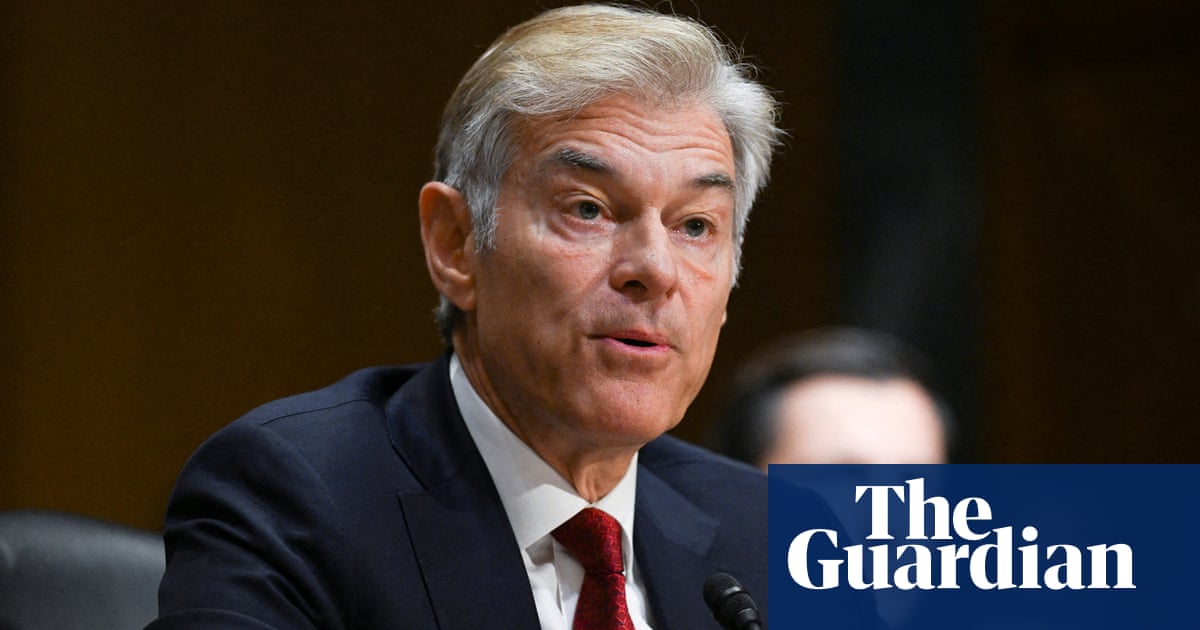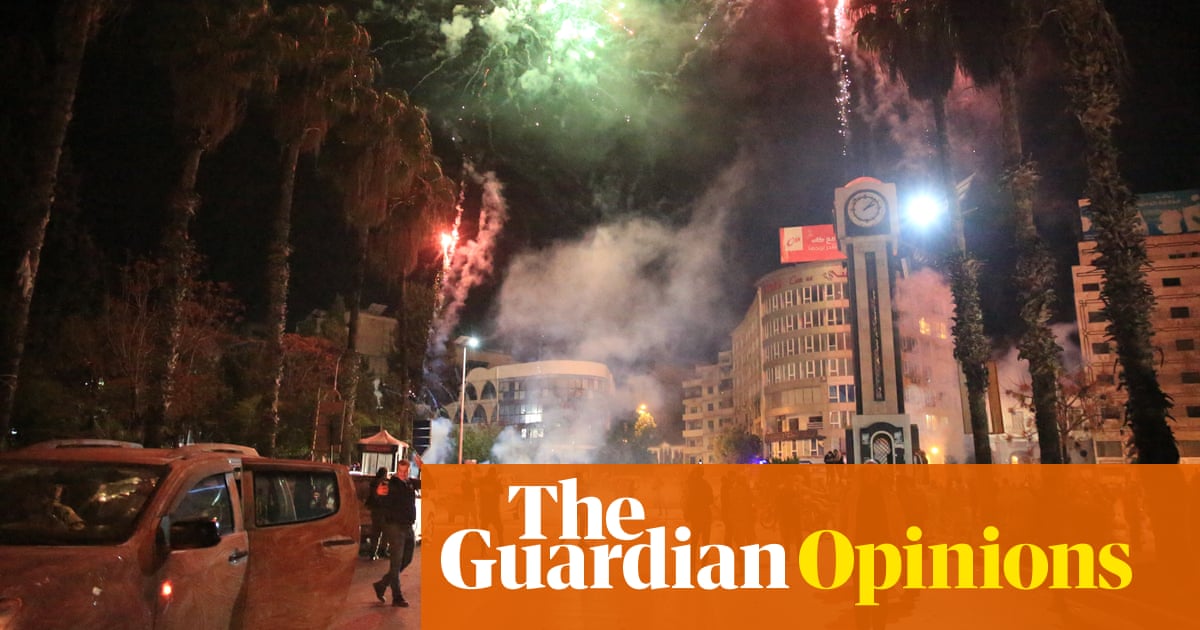Nearly 100 former US diplomats, intelligence and national security officials have called for the Senate to hold closed-door briefings on Donald Trump’s nominee for director of national intelligence for her alleged “sympathy for dictators like Vladimir Putin and [Syrian leader Bashar al-Assad]” and other concerns.
In an open letter, the officials blasted Tulsi Gabbard, a former presidential candidate and congresswoman from Hawaii, for her lack of experience in the field of intelligence, embracing conspiracy theories regarding the 2022 full-scale Russian invasion of Ukraine, and for “aligning herself with Russian and Syrian officials” after an “uncoordinated” meeting with Assad in Damascus in 2017.
The letter was signed by the former deputy secretary of state Wendy Sherman, the former Nato deputy secretary general Rose Gottemoeller, the former national security adviser Anthony Lake, as well as a number of other former ambassadors, intelligence and military officers, and other high-ranking members of the national security apparatus.
It was addressed to the current Senate majority leader Chuck Schumer, a Democrat, and to the incoming majority leader John Thune, a Republican.
In the letter, the officials called on the Senate to “fully exercise its constitutional advice and consent role … including through appropriate vetting, hearings, and regular order”. It called for Senate committees to consider “all information available” in closed sessions to review Gabbard’s qualifications to manage “the protection of our intelligence sources and methods”.
Gabbard and her supporters have denounced similar attacks as a smear campaign, saying that her record of anti-interventionism in Syria and Ukraine has been misrepresented by her political enemies.
In Washington, she has staked out a unique foreign policy position as a strong supporter of Israel and the “war on terror” – but also as a critic of US rivalries with countries like Russia and Iran (she strongly criticised Trump’s decision to assassinate the Iranian general Qassem Suleimani as an “illegal and unconstitutional act of war”).
“When it comes to the war against terrorists, I’m a hawk,” she told a Hawaiian newspaper in 2016. “When it comes to counterproductive wars of regime change, I’m a dove.”
But many in Washington’s tightly-knit foreign policy and intelligence community see Gabbard as dangerous. The concerns listed in the open letter included Gabbard’s public doubts of Assad’s use of chemical weapons against civilians in spite of “US intelligence reports and overwhelming public reporting” corroborating the attacks.
They also noted her online posts after the Russian invasion “insinuating that US-funded labs in Ukraine were developing biological weapons and that Ukraine’s engagement with Nato posed a threat to Russian sovereignty”.
Her public sympathy for Putin and Assad, the letter said, “raises questions about her judgement and fitness”.
“These unfounded attacks are from the same geniuses who have blood on their hands from decades of faulty ‘intelligence’,” and use classified government information as a “partisan weapon to smear and imply things about their political enemy”, Alexa Henning, a spokesperson for Gabbard with the Trump team, told ABC News in response to the letter.
Activists have told the Guardian that staffers from both parties had expressed concern during a 2018 hearing with a Syrian ex-military whistleblower that Gabbard could leak details of the person’s identity. A person with knowledge of high-level intelligence discussions said that there were concerns over Gabbard’s other contacts in the region as well.

 3 months ago
55
3 months ago
55













































